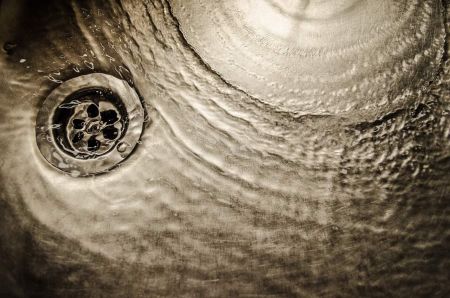How To Avoid Septic System Failures

Water filtration, purification, and septic systems can often be an afterthought for many home buyers and homeowners, especially in the recent real estate market. Being left in the dark on important information regarding your household's water system can be extremely hazardous to the household itself and its occupants. Guardian Well and Septic strives to enlighten homeowners on their conclusive responsibility to gauge how effectively their septic system is operating.
This topic is important because we’re discussing water and its daily usage by household members for actions such as drinking, showering, and washing. Not only does the septic system directly impact the health of household members, but it is also preventative against the expense of installing a new septic system or repairing one. Regular maintenance and septic inspections can go a long way in keeping you compliant with the law and keeping your household members healthy.
In this article, we’ll discuss how you can take proper control over your septic system and address potential signs of failure. Being knowledgeable about your septic system and identifying warning signs can promote proactivity in getting a septic system inspector involved and keeping your system running smoothly. Here are a few warning signs that your septic system is near failure:
Water Backup and Pooling in Basement
Oftentimes, this is because of an issue with the piping to the septic tank, the septic tank itself, or the piping leading out to the drainfield. Noticing water backup in toilets or sinks should trigger a phone call to a septic inspector like Guardian Well & Septic. You may also notice powerful, unexplained odors in the basement or other areas of your home. This could be an indication that wastewater is backed up and should trigger a phone call to an inspector to see what's going on.
Muddy Soil Near Septic Areas
Another indication that your septic system may be failing is the presence of muddy soil near the septic tank or drainfield. This means wastewater has not been properly treated by the tank or soil, and is leaking up to ground level. If you notice muddy soil near your septic areas, this could be a clear indication that your septic system needs attention.
Septic System Preventive Measures
Being aware of these warning signs can help prevent further septic system repairs or high-priced installations. Being proactive as a member of your household can also help prevent septic system failure. Flushing your toilet uses more water than you’d suspect, and can be responsible for up to 30% of household water use, according to the U.S. EPA. Using high-efficiency shower heads, faucet aerators, and Energy Star washing machines can all contribute to less water volume and pressure going to the septic system.
Other preventative measures include reducing any dental floss, feminine hygiene products, diapers, condoms, or other unnecessary items from being disposed of in the toilet. Oil-based paints and other household cleaners can be hazardous to the septic tank as well. Do everything you can to prevent these products from entering the tank.
Lastly, refrain from planting trees around your drainfield or driving over the grass of the drainfield with a vehicle. Roots can clog or interfere with the drainfield, and a vehicle can compact the soil, causing damage to the pipes.
Guardian Well and Septic recommends a septic system inspection every 3 years. A system will need to be pumped if the sludge in the tank is more than ⅓ of the tank volume.
Guardian Well and Septic is here for any questions or if you need to schedule a septic system inspection. We look forward to hearing from you!
